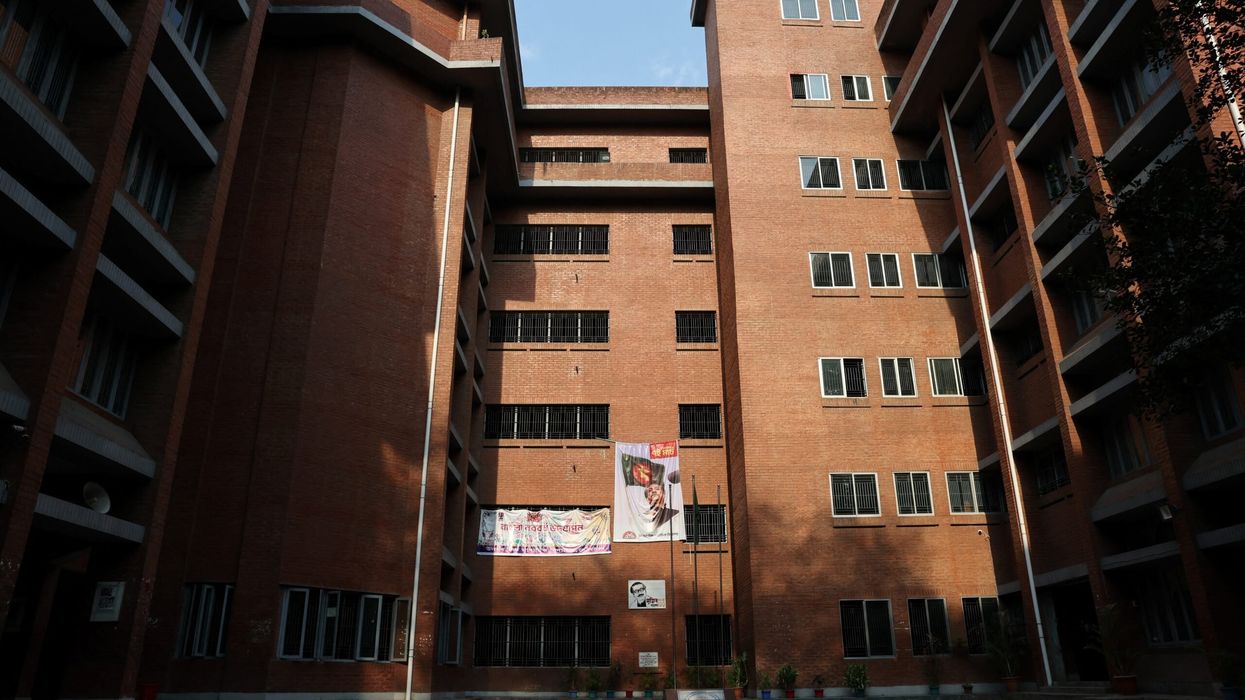BANGLADESH again closed all primary schools across the country and educational institutions in almost half of districts including the capital as a severe heatwave saw temperatures climb above 43 degrees Celsius (109 Fahrenheit) on Monday.
Schools across the country that closed last week due to the heatwave reopened on Sunday despite persistent high temperatures across the South Asian nation, which resulted in lower attendance.
Classes of all government primary schools will remain closed till Thursday and educational institutions in 27 districts out of 64, including the capital Dhaka, will remain closed on Tuesday, the education ministry said on Monday.
Education Minister Mohibul Hasan Chowdhury Nowfel said on Sunday that if the temperature in any district exceeds 42 degrees, the educational institutions in those districts will be closed.
Scientists have said climate change is contributing to more frequent, severe, and lengthy heatwaves during summer months.
This month in Bangladesh there has been a heatwave every day except April 9 and 10. Authorities have encouraged citizens to stay indoors during the day.
But for those who work outdoors, like rickshaw driver Mohammed Shameem, there is not much respite.
"It is too hard to work under the sun during a brutal heatwave. There are not many people who are coming out which means getting passengers is tough. But we have no option but to come out and work," Shameem said.
Like Shameem, tens of thousands of rickshaw operators in Dhaka are suffering in the scorching sun, trying to find work while most people choose to stay inside.
"I have never experienced such heat in my life. Yes, summer should be hot, but there would have been gusts of wind and rain. But it's not happening this time. People are suffering a lot," said rickshaw operator Shaheb Ali. (Reuters)




